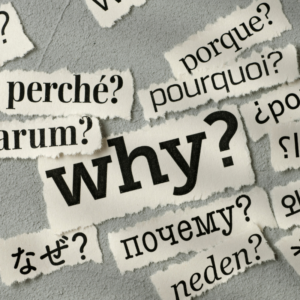Inherent Language – iLanguage
iLanguage, the right to claim a language as your own!
Characteristics

Mehr wissen
Eine neue Sprache im Jahr 2024 lernen: Die perfekte Herausforderung für das neue Jahr!
Hallo an alle Sprachliebhaber und iLanguage-Fans! Wir starten voller Energie und Enthusiasmus in das neue…
Lange Nacht der Forschung 2024
Am 24. Mai war es wieder so weit: Die Lange Nacht der Forschung fand wie…
Lass uns der internationale Tag der Muttersprache feiern:
Die Vielfalt der Sprachen begrüßenDer Internationale Tag der Muttersprache, der jährlich am 21. Februar begangen…
Sommerferien: Die perfekte Zeit, um die Familiensprache zu pflegen
Die Sommerferien sind endlich da! Die Schule ist zu Ende, und es gibt keine Hausaufgaben…
Das Konzept der inhärenten Sprache (iLanguage) aufnehmen: Mehrsprachige Kinder und ihre sprachliche Identität
Das Konzept der inhärenten Sprache (iLanguage) aufnehmen: Mehrsprachige Kinder und ihre sprachliche Identität Kinder in…
iLanguage bei den „Diversity Weeks 2024: Rot Weiss Bunt“
Seit 2021 nimmt iLanguage an den „Diversity Weeks“ teil, und auch in diesem Jahr sind…
Eine Weihnachtsreise durch die Welt!
Lasst uns gemeinsam feiern: Eine Weihnachtsreise durch die Welt! In dieser Zeit des Jahres ist…
Wie kann man ein eigenes Buch für zwei- oder mehrsprachige Kinder erstellen?
Wie kann man ein eigenes Buch für zwei- oder mehrsprachige Kinder erstellen? In unserem Artikel…
Europäischer Tag der Sprachen
Die Bedeutung von Vielsprachigkeit für eine gemeinsame europäische Identität Der 26. September markiert den Europäischen…










